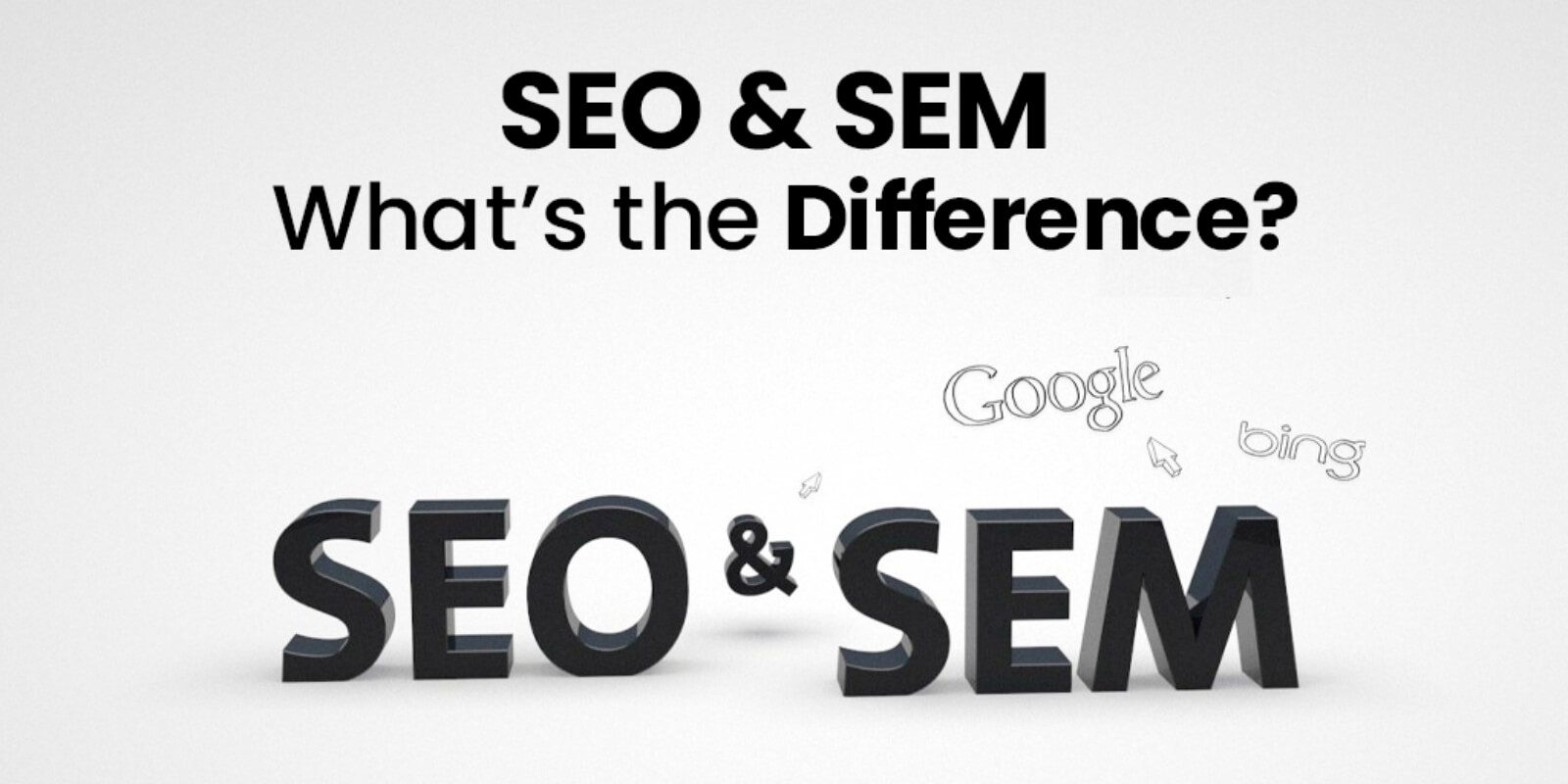| Dubai, UAE
SEO vs. SEM: What’s the Difference?
Search Engine Optimization, or SEO, refers to the process of optimizing a website to improve its organic, or unpaid, rankings in search engine results pages. The goal is to increase visibility by making the site more relevant and authoritative according to search engine algorithms. SEO involves many tactics such as keyword research, content creation, improving website speed, optimizing meta tags, and building backlinks from other reputable websites. SEO is a long-term strategy. It takes time to see results because search engines need to crawl, index, and evaluate your site before improving its ranking. However, once your site ranks high organically, it can generate consistent traffic without ongoing advertising costs. SEO also focuses on improving user experience by making the website easy to navigate and providing valuable content that answers visitors' queries. Search Engine Marketing, or SEM, on the other hand, is a broader term that includes SEO but primarily refers to paid search advertising. SEM involves placing ads on search engines through platforms like Google Ads, where businesses bid on keywords relevant to their products or services. When users search for those keywords, the ads appear above or alongside organic search results. SEM allows businesses to gain immediate visibility by targeting specific audiences and controlling their advertising budget. Unlike SEO, SEM delivers faster results because ads start showing as soon as campaigns launch. It also offers detailed targeting options such as location, demographics, time of day, and device type, giving advertisers precise control over who sees their ads. However, SEM requires continuous investment because traffic stops as soon as the advertising budget runs out. Both SEO and SEM are important components of a successful digital marketing strategy. SEO builds a strong foundation by increasing organic reach and credibility, while SEM complements this by driving targeted traffic quickly. Many businesses use a combination of both to maximize their online presence. Choosing between SEO and SEM depends on your business goals, budget, and timeline. If you want long-term sustainable growth and can wait to see results, SEO is essential. If you need immediate traffic and have the budget for advertising, SEM can provide a quick boost. Often, businesses start with SEM to gain initial visibility while working on SEO to build organic traffic over time. Measuring the success of both SEO and SEM involves tracking metrics like website traffic, keyword rankings, conversion rates, and return on investment. Tools like Google Analytics and Google Ads provide valuable insights to optimize campaigns and improve performance. In summary, SEO is the art and science of increasing unpaid, organic traffic by optimizing your website and content, while SEM is a paid strategy to quickly gain visibility through ads on search engines. Understanding their differences and how they complement each other helps businesses make informed marketing decisions and achieve better results online.
